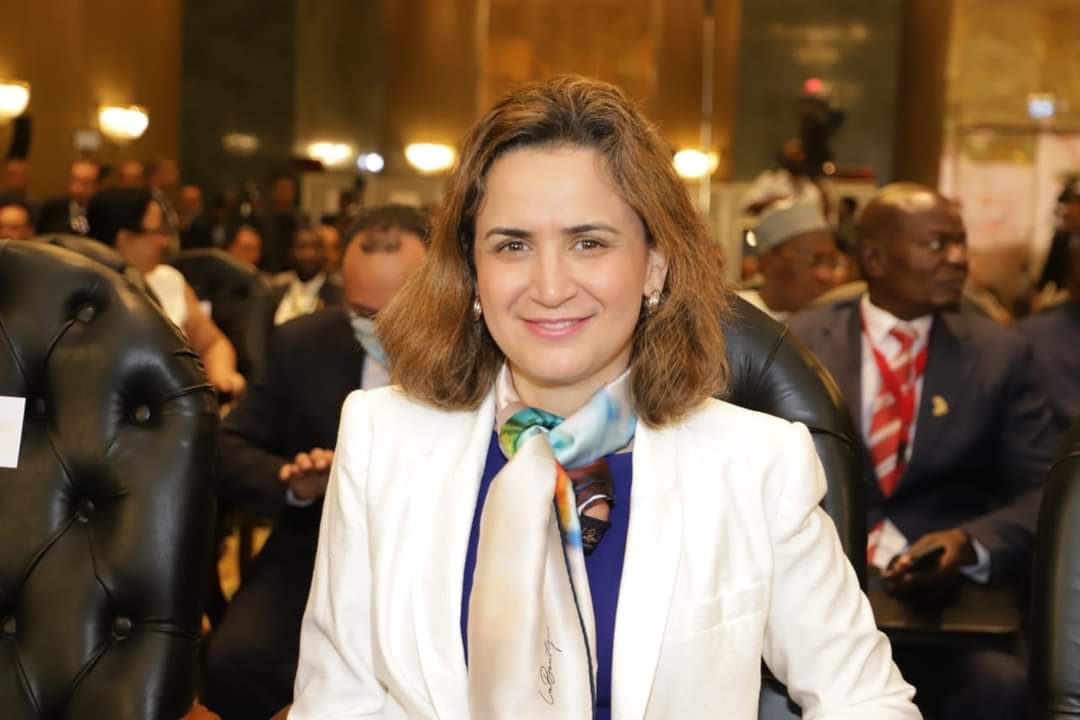Casablanca – Minister of Economy and Finance, Nadia Fettah Al-Allaoui, highlighted the government’s proactive measures aimed at facilitating investment and entrepreneurship, particularly by shortening payment deadlines. Speaking during a session at the House of Councillors, Minister Fettah emphasized the government’s success in this endeavor by comparing figures from the end of 2018 to March 2024.
In response to queries regarding debts owed to enterprises by public institutions, Minister Fettah reported a significant reduction in these outstanding amounts. According to her statement, debts have decreased from approximately 18 billion dirhams (approximately $1.86 billion) to around 11 billion dirhams (approximately $1.13 billion) by March 2024. This notable decline reflects targeted efforts to streamline financial processes and ensure timelier payments to businesses across sectors.
Moreover, Minister Fettah noted a marked improvement in average payment deadlines, which have decreased from 55 days at the end of 2018 to approximately 35 days currently. This achievement underscores the government’s commitment to enhancing financial efficiency within public institutions and supporting enterprise growth.
Highlighting the importance of cultivating a payment culture, Minister Fettah stressed the implementation of several measures, including legal frameworks to define payment deadlines for obligations. She also referenced the Performance Deadline Observatory, which plays a crucial role in monitoring and updating performance data of public institutions and enterprises every three months.
Minister Fettah recalled the royal speech dated August 28, 2018, urging timely settlement of obligations to enterprises by public institutions and local authorities. She affirmed the government’s dedication to implementing reforms, with the National Strategic Management Agency actively participating in these efforts.
Bold Tax Reform Initiatives
Minister Fettah also praised the comprehensive tax reform law as a model legislative achievement resulting from extensive deliberations over several years. She highlighted the broad support for implementing this law over a five-year period, encompassing all types of taxes.
Regarding the tax reform’s impact, Minister Fettah emphasized that it did not impose additional tax burdens on taxpayers but instead expanded the tax base. This expansion yielded positive outcomes, with tax revenues increasing by 7% by 2023 without additional tax pressure on enterprises or citizens.
The Minister detailed key milestones in Morocco’s tax reform implementation, including the simplification of corporate taxes to a uniform rate of 20% and the phased implementation of value-added tax changes over three years, concluding by fiscal year 2026.
Addressing Rising Prices
In response to concerns about rising prices, Minister Fettah underscored the international context of price increases. She outlined government measures to support consumer goods and enhance income through wage increases, as reflected in the outcomes of social dialogues.
Minister Fettah emphasized the role of the Compensation Fund in supporting essential commodities, with significant allocations for butane gas (approximately $2.68 billion), flour (approximately $1.03 billion), and transportation (approximately $824 million).
Furthermore, she highlighted state support for stabilizing electricity prices and suspending customs duties on essential imports to mitigate price pressures. Minister Fettah emphasized health coverage, direct family support, and wage increases as part of the government’s comprehensive strategy to address rising prices and ensure economic stability.
In conclusion, Minister Fettah reaffirmed the government’s commitment to implementing income and wage taxes, solidifying the tax reform’s major outlines and providing a clear vision for Moroccan enterprises.
















